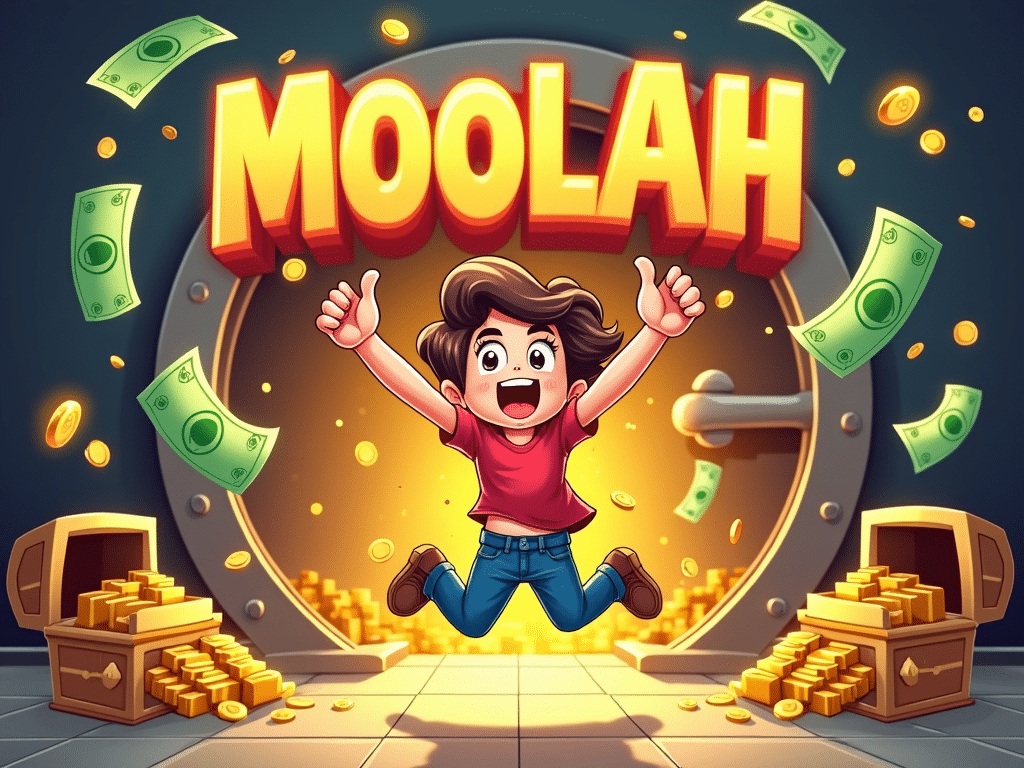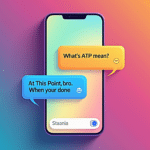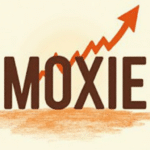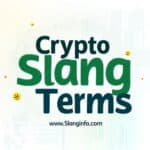Ever heard someone talk about “moolah“? No, it’s not a fancy coffee drink – it’s all about the cash! In the world of slang, “moolah” is the fun, quirky way to refer to money. Whether you’re scrolling through social media, chatting with friends, or watching a classic comedy, chances are you’ve come across this playful term. But what exactly does it mean, and where did it come from? Let’s dive into the world of “moolah” and unpack this cash-tastic slang.
| Key Point | Details |
|---|---|
| Definition | Slang term for money |
| Origin | Possibly derived from Fijian word “mula” meaning “pay” |
| Usage | Casual way to refer to money in everyday conversations |
| Popularity | Widely used across different age groups and cultures |
| Context | Informal settings, friendly conversations, light-hearted discussions about finances |
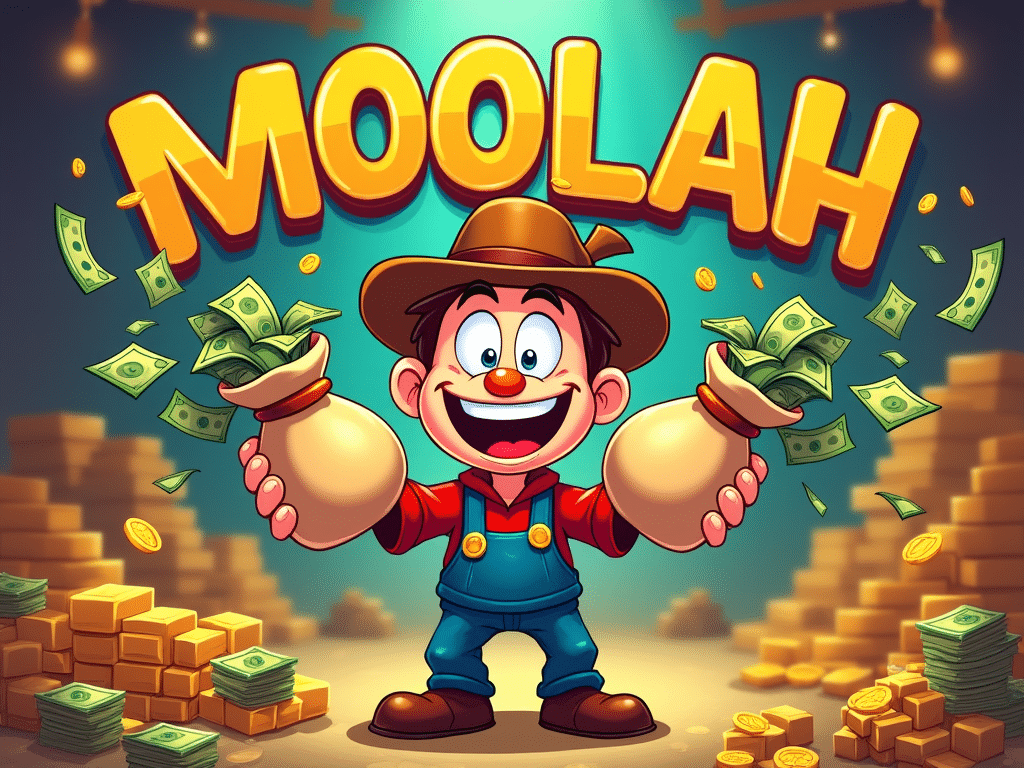
Moolah Meaning: Breaking It Down
Alright, let’s get real about “moolah.” This isn’t your accountant’s way of talking about finances – it’s the fun, laid-back cousin of “money.” When someone says they need some moolah, they’re not talking about filing taxes or balancing budgets. They’re just saying they need some cash, in a way that’s way more fun to say.
Think of “moolah” as the class clown of money terms. It’s not trying to be serious or fancy. It’s just here to have a good time and maybe make you smile when you’re talking about your bank account. It’s like the difference between saying “I need to increase my financial assets” and “I gotta get more moolah!” One sounds like a boring meeting, the other sounds like you’re about to go on an adventure.
Also read: FINK
Moolah Meaning in Text: In the digital world, “moolah” pops up in all sorts of casual conversations. You might see it used like this:
- “Just got paid! Time to spend some moolah 🎉💸”
- “Anyone wanna lend me some moolah for pizza? I’m broke till payday 😅”
- “This new job is bringing in the moolah! 💰”
It’s a fun way to talk about money without sounding too serious or stuffy. It’s perfect for those times when you want to mention cash without feeling like you’re giving a financial report.
The Origins of Moolah
Now, you might be wondering, “Where did this goofy word come from?” Well, buckle up, ’cause we’re going on a little linguistic adventure.
- Fijian Connection: Some language experts think “moolah” might come from the Fijian word “mula,” which means “pay.” It’s like the word took a vacation in Fiji and came back with a tan and a new attitude.
- American Adoption: The term started popping up in American English around the 1930s. It’s like it showed up to the Great Depression party and decided to stick around to cheer everyone up.
- Pop Culture Boost: As movies and TV shows started using “moolah,” it spread even faster. It became the go-to word for characters who wanted to sound cool when talking about cash.
It’s pretty wild how a word can travel across oceans and decades to become part of our everyday lingo. “Moolah” is like the world traveler of money slang.
How to Use “Moolah” Like a Pro
Want to sound like you know your way around slang without trying too hard? Here’s how to drop “moolah” into your convos like a natural:
- Talking About Earnings: “This side hustle is bringing in some serious moolah.”
- Discussing Expenses: “Rent is due next week. Time to save up some moolah.”
- Making Plans: “Let’s hit the mall once we’ve got some moolah to spend.”
But here’s the deal – use it wisely. “Moolah” is perfect for casual chats with friends, but maybe not so much for your next job interview. It’s like wearing flip-flops – great for the beach, not so great for a fancy restaurant.
Also read: Buss Down
Moolah in Pop Culture
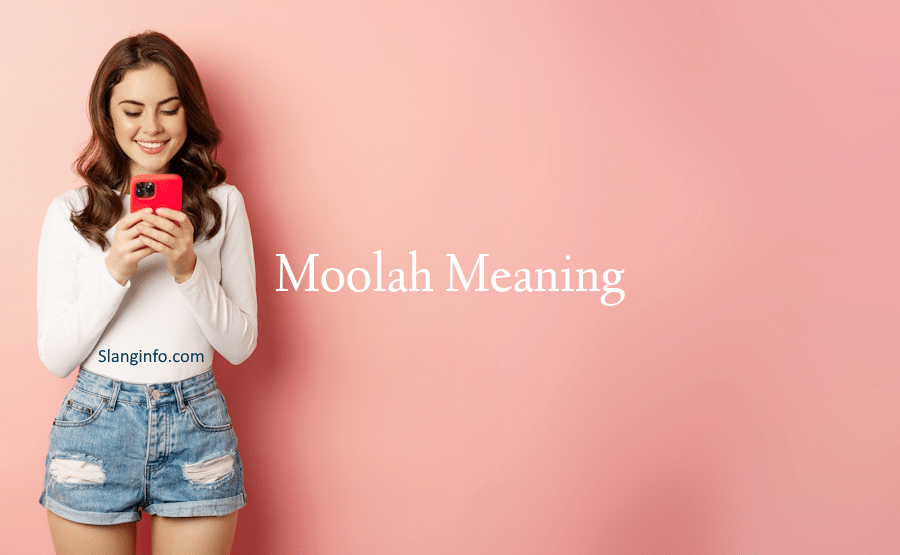
“Moolah” isn’t just some random slang – it’s become a pop culture icon in its own right. It’s the kind of word that shows up in movies when the cool uncle character is talking, or in sitcoms when someone’s trying to sound hip.
In music, you might hear “moolah” pop up in fun, upbeat songs about living it up or chasing dreams. It’s not as common in serious rap tracks about stacks or guap, but it’s perfect for those lighthearted tunes about having a good time.
On social media, “moolah” is the star of memes about payday or jokes about being broke. It’s like the emoji version of money talk – fun, expressive, and not too serious.
The Psychology Behind Using Playful Money Terms
Alright, let’s get a bit nerdy for a sec and dive into the brain stuff behind why we use words like “moolah.” There’s more to it than just sounding cool (though that’s definitely part of it).
- Reducing Stress: Talking about money can be stressful. Using a fun word like “moolah” can make the topic feel lighter and less anxiety-inducing.
- Creating Connection: Slang terms create a sense of shared culture. When you use “moolah” with friends, it’s like you’re all in on the same joke.
- Expressing Attitude: Saying “moolah” instead of “money” can show that you have a laid-back or humorous attitude towards finances.
Dr. Lisa Martinez, a psycholinguist, explains it this way: “Playful terms for money, like ‘moolah,’ allow people to discuss finances in a way that feels less formal and more approachable. It’s a linguistic tool for managing the emotional weight of financial topics.”
Also read: FLIP
When (and When Not) to Use Moolah
So you’ve mastered the art of “moolah,” but when should you actually use it? Here’s a quick guide:
Moolah-Friendly Situations:
- Casual chats with friends about money
- Social media posts about financial goals or situations
- Light-hearted discussions about spending or saving
Maybe Skip the Moolah:
- Job interviews or professional settings
- Serious financial discussions (like applying for a loan)
- When talking to people who might not get the slang (like your grandparents, unless they’re super cool)
Remember, “moolah” is like a funny T-shirt – perfect for hanging out, not so much for a business meeting.
Moolah Variations and Related Slang
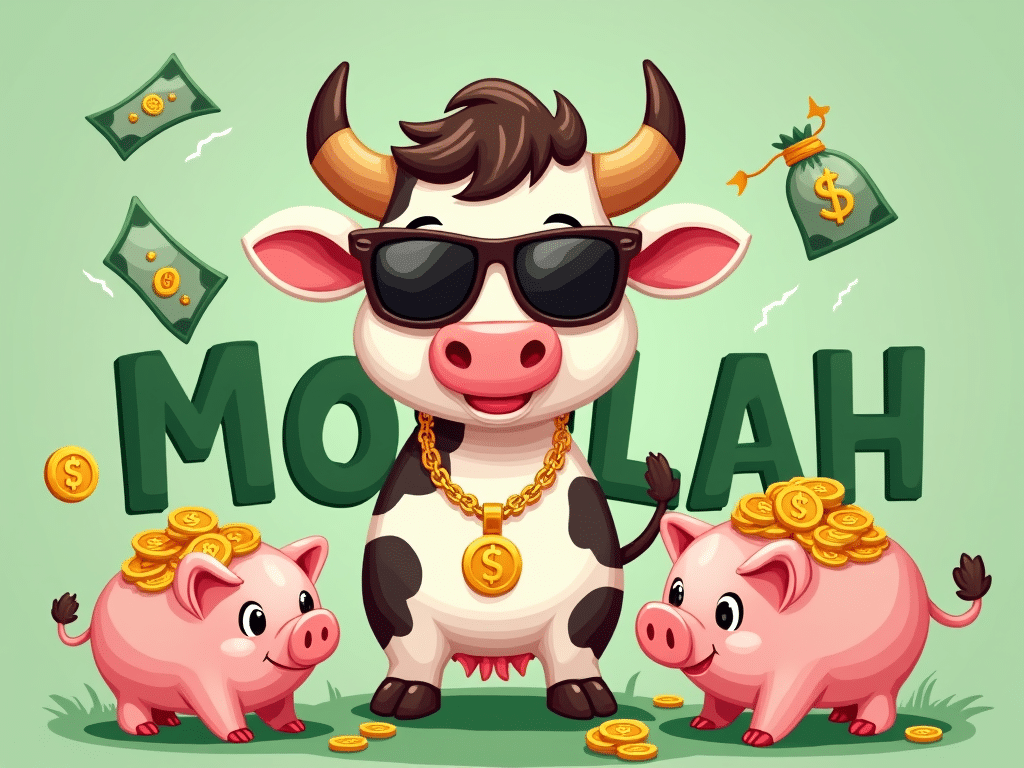
“Moolah” isn’t the only fun kid on the money slang block. It’s got a whole gang of playful pals. Check these out:
- “Dough”: Another food-related way to talk about cash
- “Bread”: Keeping with the baking theme
- “Cheddar”: For when you want your money talk extra cheesy
- “Bacon”: As in “bringing home the bacon”
These terms are all part of the same family of slang that keeps our money talk fun and fresh. It’s like a whole menu of ways to discuss finances without sounding too serious.
Also read: BET
The Future of Moolah
So, what’s next for our friend “moolah”? Here are my predictions:
- Staying Power: Unlike some slang that comes and goes, “moolah” has been around for decades. It’s likely to stick around because it’s fun to say and not tied to any specific generation.
- Digital Adaptation: We might start seeing “moolah” used more in the context of digital currencies or online transactions. “Bitcoin moolah,” anyone?
- Global Spread: As English slang continues to spread globally through the internet and pop culture, “moolah” might find new fans around the world.
One thing’s for sure – as long as people need to talk about money in a fun way, words like “moolah” will have a place in our language.
So there you have it, folks. You’re now officially schooled in the art of “moolah.” Whether you’re a longtime user of money slang or you’re just dipping your toes into the world of financial lingo, you’re now equipped to use this playful little word like a pro.
Also read: GN
Remember, language is alive – it’s always changing, always evolving. So stay curious, stay open, and who knows? Maybe you’ll coin the next big money slang term. And if you do, and it takes off? Well, you might just find yourself rolling in moolah. 💰😎
P.S. If you’re looking to expand your slang vocabulary beyond money talk, why not check out some other popular expressions? For example, “IYKYK” (If You Know, You Know) is great for those in-the-know moments. Or if you’re feeling particularly confident, “WAGMI” (We’re All Gonna Make It) might be more your speed. The world of slang is vast and varied – go forth and explore!

